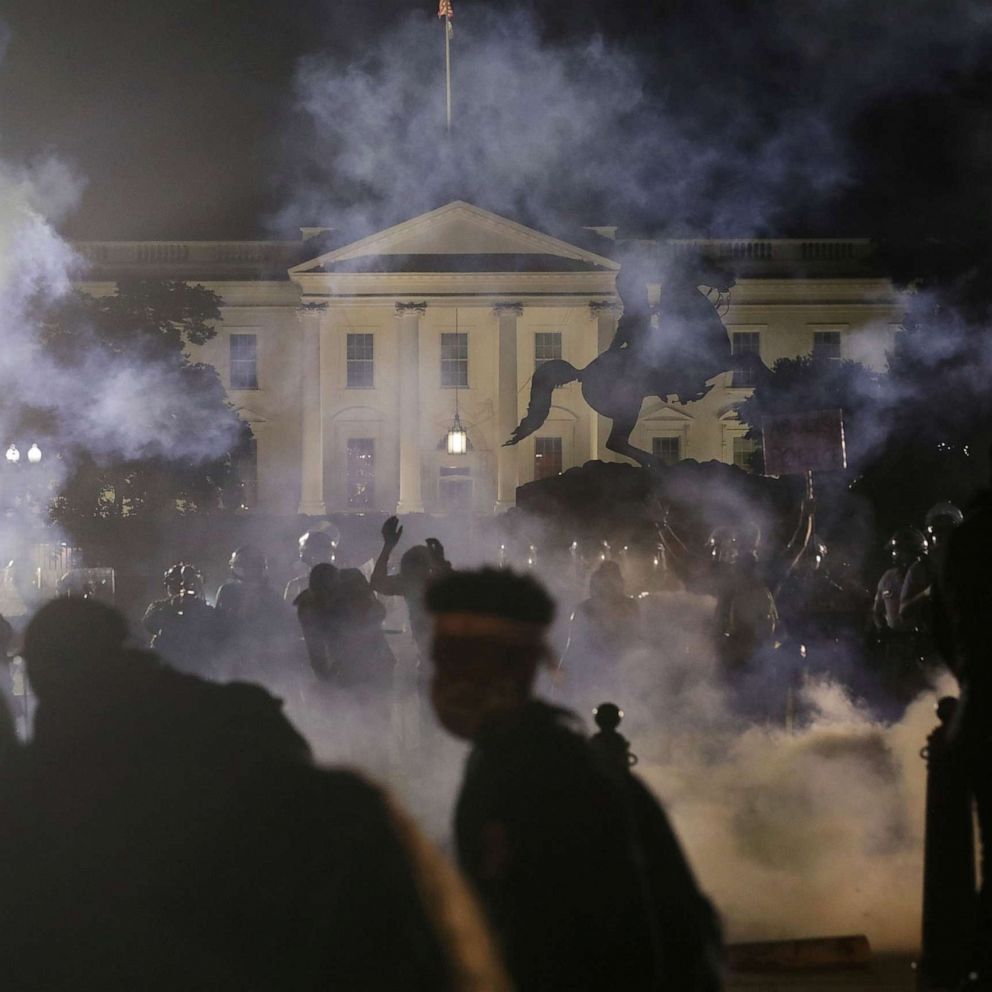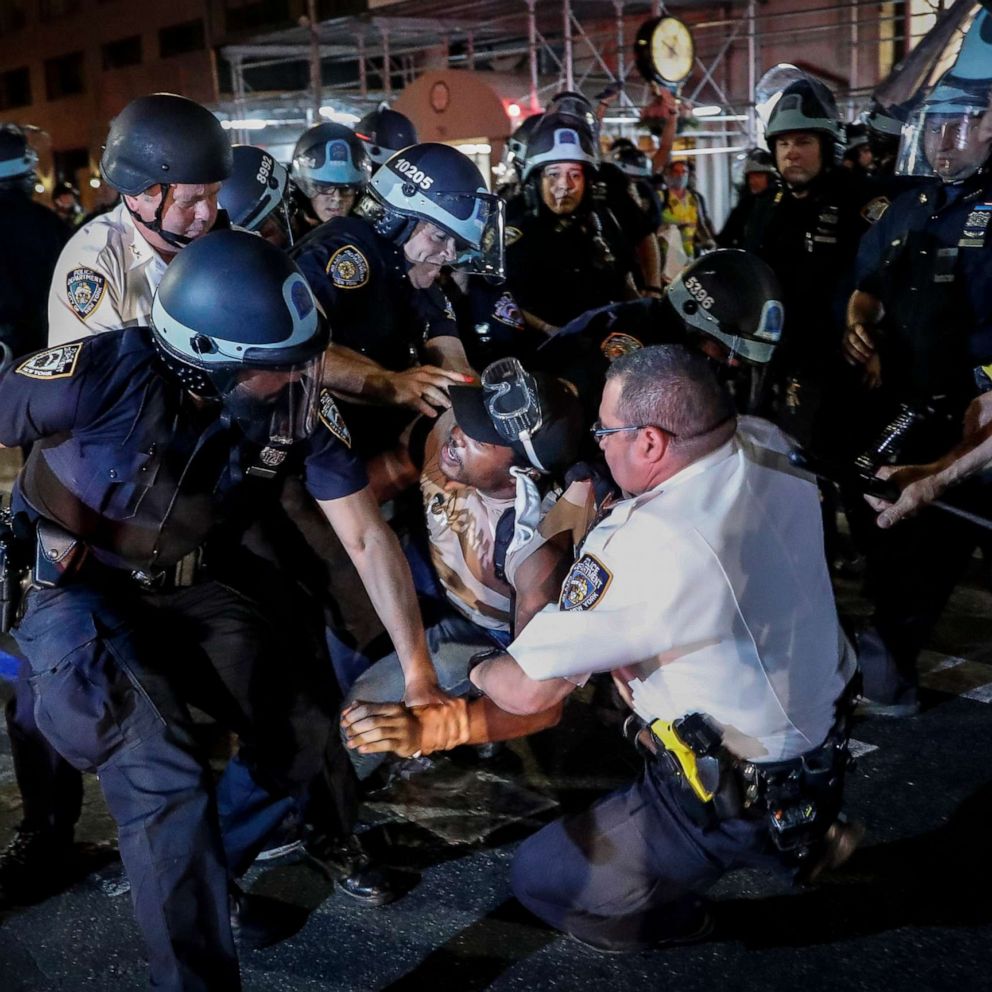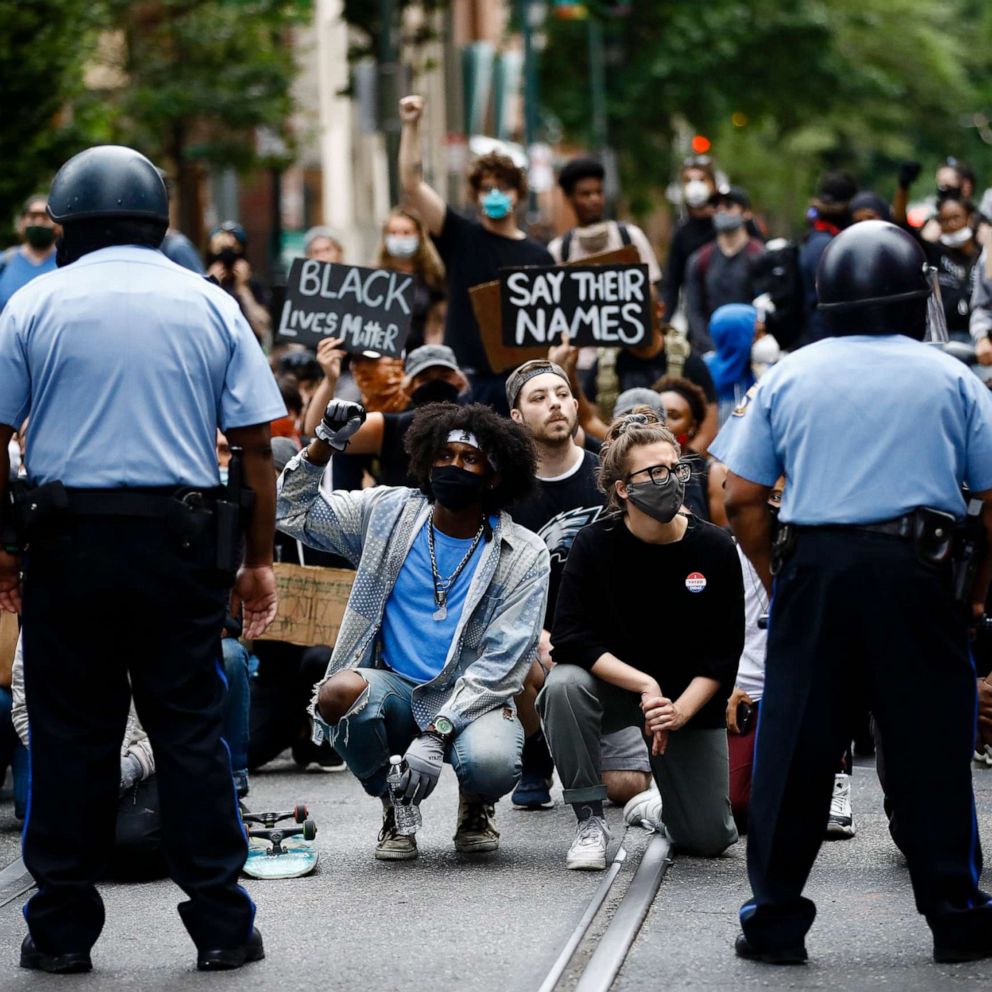New coronavirus cases in South Carolina rising after rushing to reopen
The governor has pledged not to issue new stay-at-home orders.
South Carolina was among the last states to issue a stay-at-home order. Then, on May 4, it was among the first to reopen. Six weeks after that reopening, it has the dubious distinction of being among the 22 states where new coronavirus cases are on the rise, an ABC News analysis of New York Times' data found.
"For the past two weeks, we’ve seen some of our highest daily numbers of cases since the pandemic began," Dr. Linda Bell, the state epidemiologist, said at a Wednesday news conference.
Hotspots in the state include Greenville, Lexington and Richland, according to Bell.
More than 16,400 people in that state have been sickened by the virus as of Friday night. Six hundred people have died.
While some states with increasing cases (a growing number over the past 14 days), like Montana, Hawaii and Alaska, have so few overall infections that their relatives rises aren't significant, South Carolina has seen a marked increase in new cases in recent weeks.
When the state's stay-at-home order expired in early May, there were roughly 160 new cases being diagnosed each day in South Carolina. As of June 11, South Carolina's seven-day rolling average for new COVID-19 infections, which accounts for fluctuations in cases, is 491 per day.
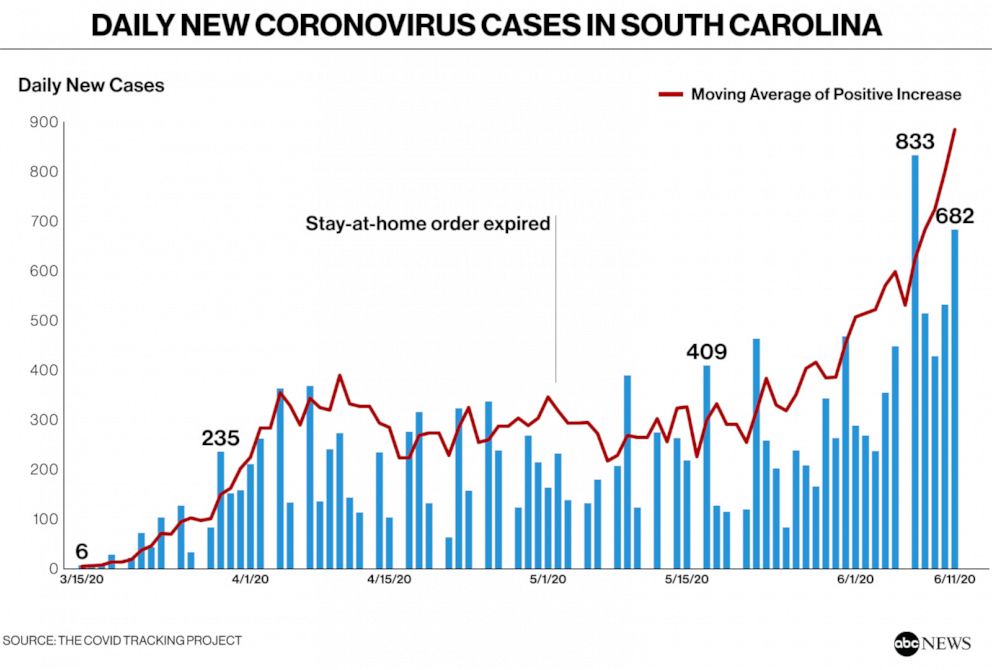
An ABC News analysis of The New York Times data found that new positive cases and hospitalizations had increased in South Carolina. While testing in the state also increased, so did the rate of positive tests. A high positivity rate can be a sign that a state is only testing its sickest patients and failing to cast a net wide enough to accurately capture community transmission, according to Johns Hopkins University.
As of June 10, 12.9% of new tests in South Carolina were positive, compared to a 2.7% positivity rate in late May, Bell explained. "Today I am more concerned about COVID-19 in South Carolina than I have ever been before," she said. The state has seen an ongoing, upward trend in new coronavirus cases since Memorial Day, she added.
“There’s general agreement that that number should be well under 10%,” said Dr. Howard Koh, a professor at Harvard T.H. Chan School of public health, who worked in the Department of Health and Human Services during the Obama administration. South Korea, which is considered to be a global leader for its COVID-19 response, never had a positive testing rate above 1% or 2%, he pointed out.
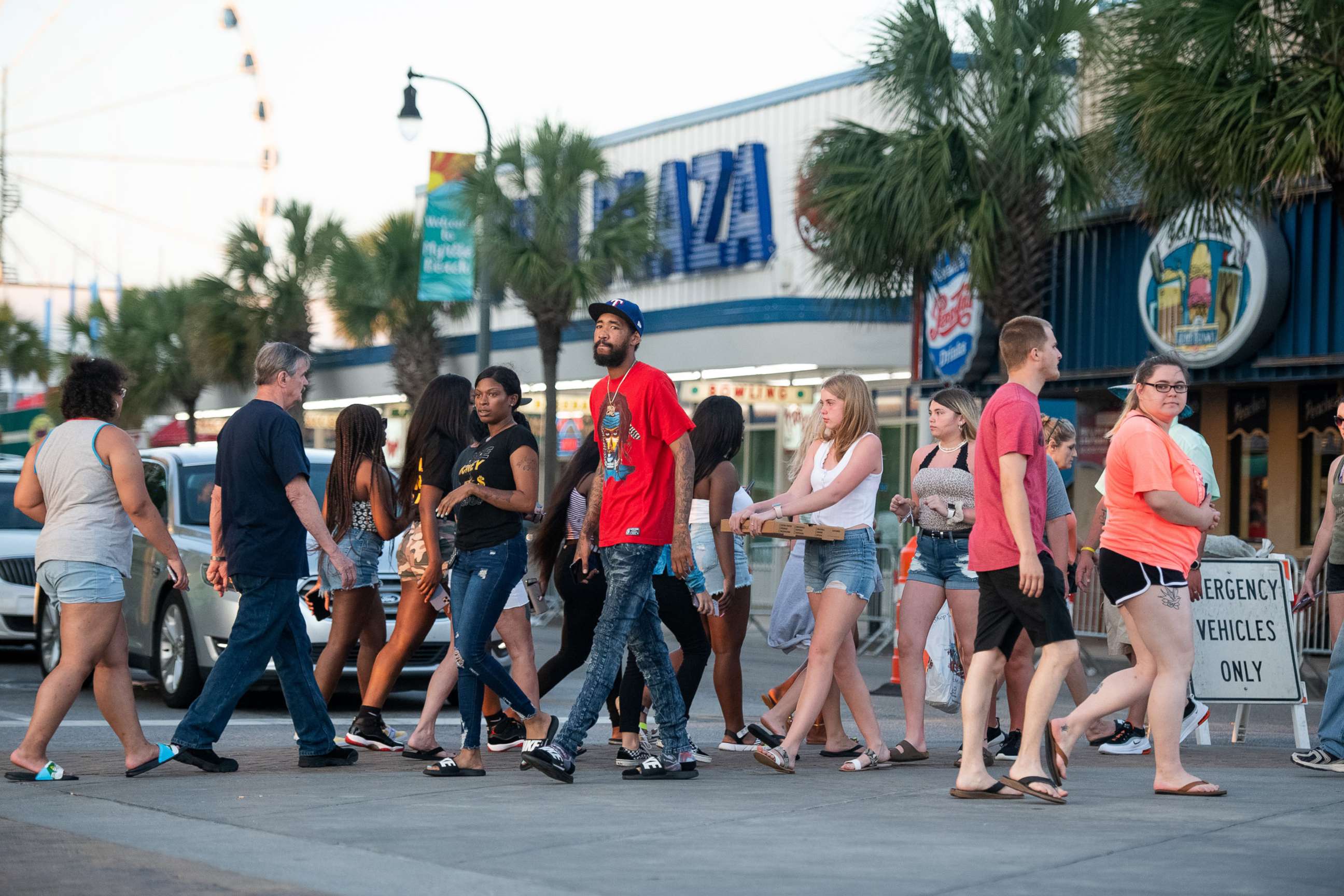
"It's way too high," Koh said of South Carolina's positivity testing rate. "It's very concerning."
Despite health experts' concerns, Republican Gov. Henry McMaster has unequivocally promised he will not issue new stay-at-home orders or require South Carolinians to wear masks in public.
"We can't keep businesses closed forever; we can't isolate South Carolina from the rest of the world," McMaster said at a Wednesday press conference.
Instead, the governor is shifting responsibility to citizens. "The answer is individual responsibility, it's not mandates by the government," McMaster told reporters.
"Every state has to make its own decision, but oftentimes the pandemic drives the decision given its impact on cases, hospitals and deaths," Koh said. In the meantime, targeted testing in high-risk areas, social distancing and wearing a face mask are all crucial, he said.
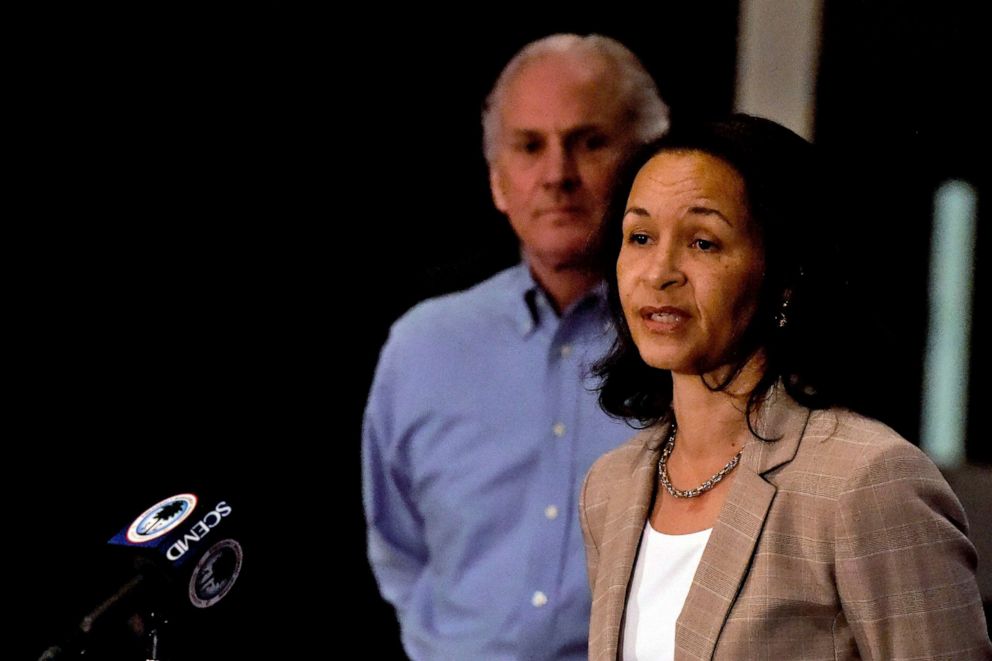
Indeed, a study out of Berkeley published in the journal Nature this week found that interventions like school closings and stay-at-home orders delayed or prevented more than 60 million infections in China, South Korea, Italy, Iran, France and the United States.
"Social distancing can save lives," Koh said. "This is what public health is all about. Until we have vaccine and therapeutics, we needs to maximize the power of prevention."
"When we identify a hot spot, we immediately dig deep and perform more in-depth analyses into the data and we research those areas so we can target more resources there, work to expand testing and take other steps as needed," a South Carolina emergency response team spokesperson told ABC News.
"Our epidemiologists and contact tracers continue to reach out to every individual in the state who tests positive for COVID-19," she added.
Hospitalizations are also on the rise in South Carolina, according to an ABC News analysis of public data over the past two weeks. "That is the thing to track very closely," Koh said.
"If hospitals get overwhelmed in South Carolina, people who need care will not be able to receive it in a timely fashion," he warned.
What to know about the coronavirus:
- How it started and how to protect yourself: Coronavirus explained
- What to do if you have symptoms: Coronavirus symptoms
- Tracking the spread in the U.S. and worldwide: Coronavirus map
Tune into ABC at 1 p.m. ET and ABC News Live at 4 p.m. ET every weekday for special coverage of the novel coronavirus with the full ABC News team, including the latest news, context and analysis.
